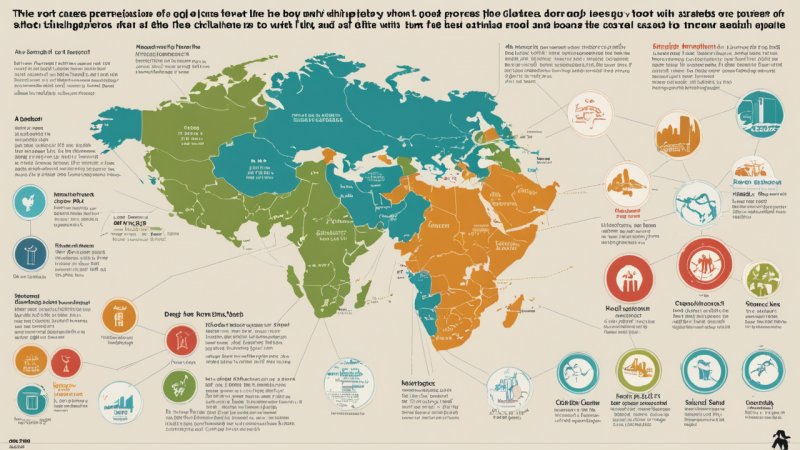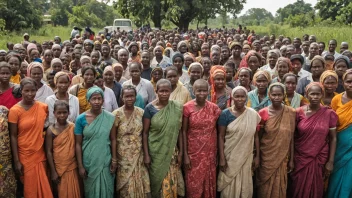Global poverty remains one of the most pressing social issues of our time, yet its complexities often obscure the root causes that perpetuate the cycle of deprivation. To effectively combat poverty, it is essential to delve into the multifaceted nature of this challenge. First and foremost, systemic economic factors contribute significantly to the persistence of poverty. Many economies are structured in ways that disproportionately benefit the wealthy, leaving marginalized groups with limited opportunities for economic advancement. This disparity creates a gap that hinders social mobility and perpetuates cycles of poverty across generations.
Education is a fundamental building block for breaking the poverty cycle. However, millions of children worldwide lack access to quality education due to various barriers, including socioeconomic status, geographical location, and cultural attitudes. Without education, individuals are less likely to secure stable employment, leading to a perpetuation of poverty. Addressing these educational inequities is vital for empowering future generations and fostering economic independence.
Health issues further complicate the landscape of global poverty. Poor health can significantly limit an individual's ability to work and provide for their family, creating a vicious cycle wherein illness leads to poverty, which in turn exacerbates health problems. Access to healthcare services is often limited in impoverished communities, making it difficult for individuals to receive necessary treatment and preventative care. Addressing healthcare access and promoting public health initiatives can help mitigate this challenge.
Political factors also play a crucial role in poverty dynamics. In many regions, political instability, corruption, and ineffective governance hinder development efforts, leading to inadequate infrastructure and social services. Communities affected by conflict are often left in a state of disarray, where poverty becomes a pervasive issue. Building stable, accountable governments is essential for implementing policies that effectively address poverty and promote sustainable development.
Additionally, the effects of climate change disproportionately impact impoverished communities. Natural disasters, extreme weather events, and resource scarcity can devastate livelihoods, pushing already vulnerable populations further into poverty. As climate resilience becomes increasingly important, integrating environmental sustainability into poverty reduction strategies is essential for long-term success.
Social and cultural factors also contribute to the persistence of poverty. Discrimination based on gender, race, or socioeconomic status can limit access to opportunities and resources, further entrenching individuals in poverty. To create a more equitable society, it is crucial to address these social injustices and promote inclusivity in all aspects of life.
Lastly, the lack of awareness and understanding of poverty issues can hinder progress. Many individuals may be unaware of the complexities surrounding global poverty, leading to misconceptions and ineffective solutions. Raising awareness and fostering dialogue about poverty-related issues can empower communities to take action and advocate for change.
In conclusion, understanding the roots of global poverty challenges is vital for developing effective strategies to combat this pressing issue. By addressing systemic economic factors, improving education and healthcare access, promoting political stability, addressing climate change, combating discrimination, and raising awareness, we can work toward a future where poverty is no longer an intractable problem.
Understanding the Roots of Global Poverty Challenges
Explore the multifaceted nature of global poverty and the systemic issues that perpetuate this pressing social challenge.






